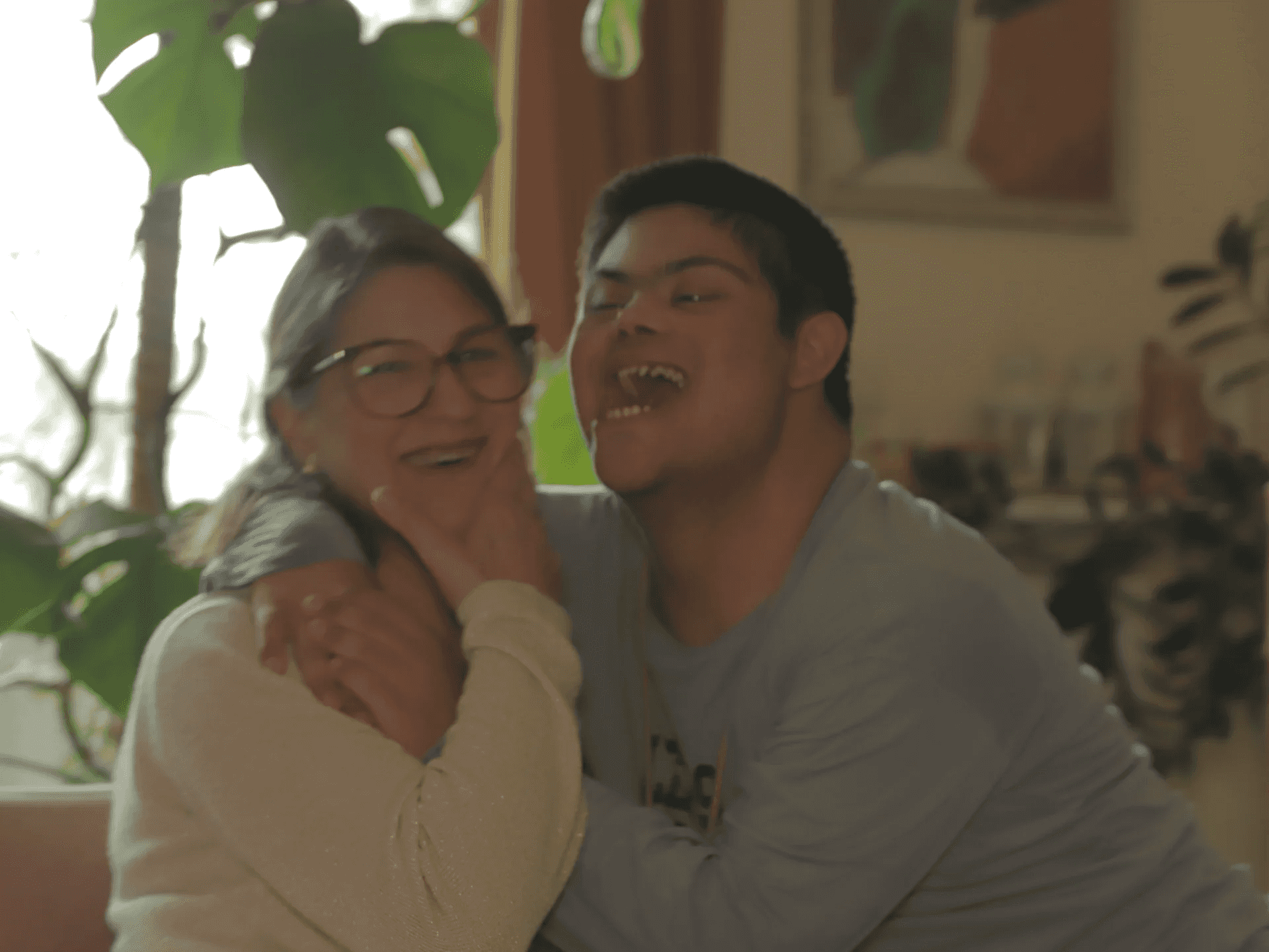A challenge, not a drama
In reality, we should be talking about the announcements of disability, in plural. Because it is just as difficult to hear about a child's disability diagnosis as it is to announce it to family and close friends.
The announcement of a disability is a detonator in a parent’s life; it challenges your certainties and turns your emotions upside down. We are flooded with anxiety about the unknown at best, often with negative representations, or both at the same time. It’s easy to understand the importance of support from professionals who can answer our questions with honesty and sensitivity. There’s no need to project too far ahead. We can’t imagine how violent it can be for parents of a newborn with a disability to be faced with what might become their adult life. We don’t need to hear about protected work or adult homes, but rather to be reassured, encouraged, and supported regarding immediate issues. And most importantly, we need time to digest what is happening and to adapt to our new reality.
In our case, the diagnosis was made at birth. I may shock many people, but I am relieved not to have had to choose.
For me, disability has a face, a face I love, and I cannot imagine my life or my family without it.
However, we were able to choose to be happy with and despite the disability. It is an egoistic and generous choice at the same time. Egoistic because we think of our own happiness, generous because it inevitably involves some renunciation. Anyway, when the child is there, the only question that matters is « how? », how do we manage now? Forget the question « why me? », it is useless and leads to a psychological dead end. Disability is among the unpredictable things that happen in life, and becoming a parent involves accepting this element of unpredictability and the unknown that escapes our control.
That said, I want to clarify that I am in favor of prenatal diagnosis and parents' choice to accept or not accept the disability. I only regret that our society spends more energy and money on detecting than on improving the conditions of reception and life for people with disabilities and, by extension, their families. That would be a more worthwhile and wise choice in the long run, economically speaking, and more just as a society. We too often forget the fragility of our human condition. The journey of Paralympic athletes reminds us during the Games, but we forget immediately afterward.
But it is also just as difficult to announce a child's disability.
I was fortunate that Pablo was born in Mexico. I will never thank our friends enough for their support and especially for celebrating Pablo’s birth with the same joy and pride as that of his sister two years earlier. I am convinced that the natural way they received and embraced Pablo’s disability changed our view of him. Their confidence in us, in the future, in our ability to overcome this trial as a couple and to succeed as a family was contagious; it allowed us to begin the acceptance process. It’s like changing the prescription of your glasses; you see things differently.
Unfortunately, we also faced less positive reactions. I had to remind close friends, very sad for me, that I was first and foremost celebrating having had a child, that I was happy and proud, and that they should rejoice for me. I am not sure I convinced them at the time. Others behave as if the baby didn’t exist, because they feel uncomfortable—that is terribly hurtful. Many find you courageous and feel compassion for you. I don't see myself as someone to be pitied; on the contrary, I find my life enviable in many ways. It’s all a matter of perspective. Disability is a challenge, certainly, but not a drama in itself. Of course, each situation is different, and unfortunately, some are genuinely tragic. But as parents of a person with a disability, we don’t need pity or charity but justice and consideration, a true place in society for our children, and means to fulfill our mission.

-Cover.jpg-37cbe8f2-280c-419c-a6c9-cb38e0906be9.cUb61C9n_Z2tHUKH.png)